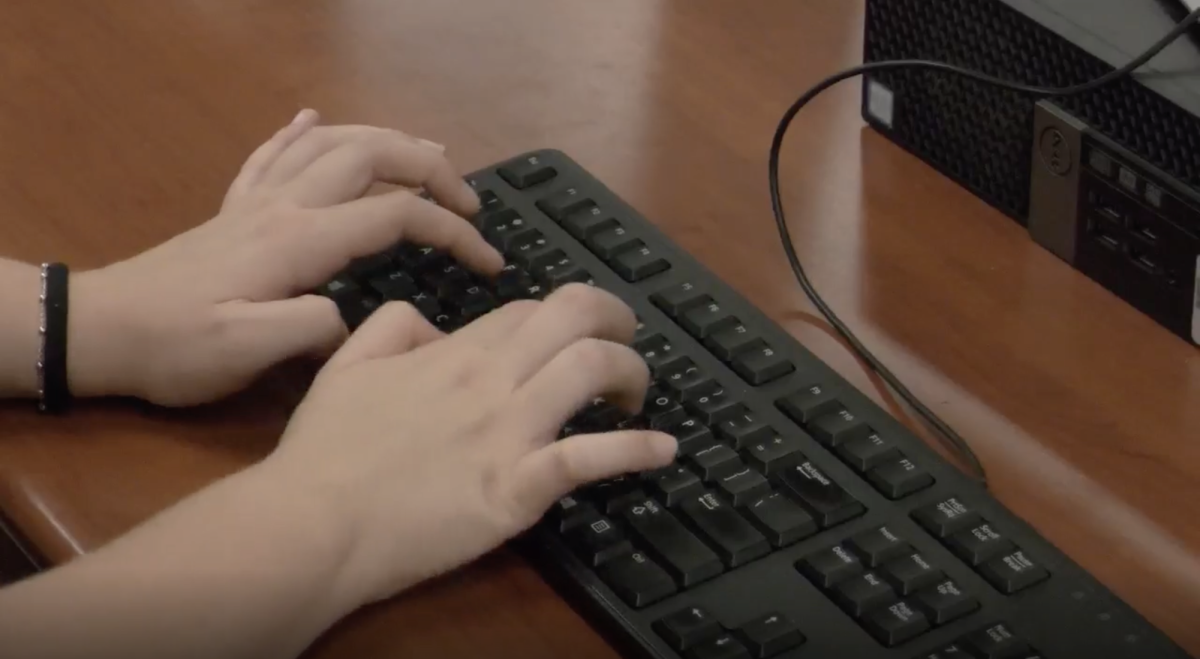The Mississippi State Legislature is under heavy criticism for recent efforts to pass legislation that could terminate the instruction of Critical Race Theory from schools across the state.
This would mean that students would no longer be able to learn how race is considered a social construct that has been integrated into legal systems and their policies.
The push for legislation has caused controversy as people debate that the past of Mississippi is no more and has evolved into a much more inclusive environment, while others argue that black Mississippians are still dealing with the repercussions of systematic racism and that the removal of CRT would negatively impact education.
Last week, advocates for the CRT challenged the possible ban at a public hearing in Jackson. They argued that the theory [is meant to be an academic framework that examines how racism has shaped public policy and institutions such as the legal system.]
Senator John Horhn (D-MS) argued that vital parts of Mississippi history would no longer be taught in schools.
“This bill is going to put a chilling effect on that journey. I think it’s going to slow us down on coming together, and I think it’s going to drive a wedge between us that doesn’t need to be driven,” Horhn said.
Senator Chris McDaniel (R-MS) says that the bill would not prohibit teachers from teaching previous issues in Mississippi.
“I’m trying to find the mischief in this bill, and I don’t see it,” McDaniel said.
African American lawmakers walked out in protest after the bill was introduced.
This issue has carried over into February, Black History Month, and is still being debated.
According to the United States Census Bureau, Mississippi’s population is currently composed of 37.8 percent of African Americans.
Mississippi has the largest percentage of African Americans out of any state in the United States.
As of 2020, the Annie E. Casey Foundation Kids Count reports that 288,165 of that number were African American children under the age of 18.
Dr. Cheryl Jenkins, the Associate Director of the Southern Miss Center for Black Studies, says that teaching CRT is vital to the educational experience.
“Critical Race Theory is a way of understanding why racial inequalities continue to exist in the many systems in our society. I use critical race theory specifically in my graduate courses to talk about how those racial inequalities are represented and perpetuated through our media system,” Jenkins said.
Other members at the University of Southern Mississippi shared this sentiment as the Faculty Senate passed a resolution 39-2 this past Friday to reject any chances of the university’s curriculum being impacted by the legislation’s threat [Read on page 4].
Teaching CRT is seen as a way to enhance African American knowledge about their history, as well as contextualizing the relationship between blatant racism and systemic racism.
Jenkins continued to explain how society can benefit from learning about CRT and why there is so much controversy surrounding the discussion of the topic.
“I think as we move towards improving our society for the better for all people, there will be push back and there is this strange notion that the civil rights of marginalized groups in this society violates the civil rights of others. I think of George Floyd, everything that happened in 2020, it feels like the push is stronger. So, I think we also see a stronger resistance from others,” Jenkins said.
According to the Mississippi Department of Education, Critical Race Theory is not a part of the Mississippi College and Readiness Standards.
The bill could prohibit schools from teaching that one race is inferior or superior to another. However, core history lessons require the discussion of topics that could lead to the reference of Critical Race Theory.
Lessons such as the Jim Crow Era South, the Civil Rights Movement, and even Black Lives Matter could no longer be on the teaching agenda.
An article from Molly Minta of Mississippi Today reports that the University of Mississippi is the only university in Mississippi that teaches a class specifically about CRT.
Brittany Murphree, a law student from Rankin County, one of the most conservative counties in Mississippi, said that class gave her a different perspective about CRT.
“The goal of the class is not to change minds, but to introduce students to critical race theory and how to apply it to the law, current events and issues in popular discourse,” Murphree said in the article.
While the bill of CRT has not been finalized, the fate of how Mississippi’s future generations could be educated awaits the final decision of the Mississippi Legislature.



































